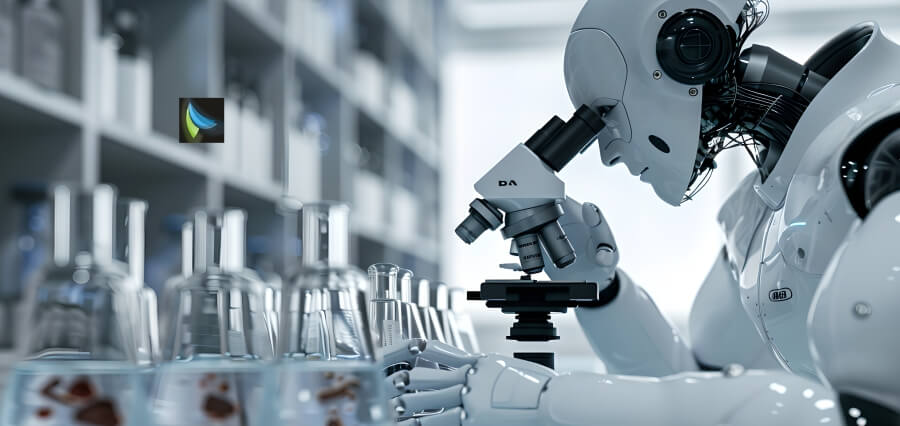Artificial intelligence has emerged in recent years as a transformative force in most fields, and certainly among them is the pharmaceutical industry. This includes developing new drugs, which traditionally costs two decades, amounting to billions of dollars in labor and resources before an initial pill hits the market. AI technologies bring hope to change this landscape in bringing efficiency at a lower cost, eventually saving lives.
Speeding Up Drug Discovery
Classic drug discovery is the most arduous investigation, full of trial and error and many educated guesses. Scientists have had to sift through gallons of data seeking possible compounds that could be new medicines. The method can be sufficiently time-consuming, and a significant number of candidates fail during clinical trials.
The Tufts Center for the Study of Drug Development reported that the average cost to develop a new drug is almost $2.6 billion, whereas only 12% of drugs receive approval after entering clinical trials.
This changes the storyline with AI providing potent tools to analyze data more efficiently. Moreover, machine learning algorithms are capable of looking through millions of compounds and biological data and may select the most promising candidates much faster than a human researcher.
For example, AI can predict the behavior of different compounds in interaction with specific targets of the body, thus helping scientists narrow down their research efforts to the options that look most viable. In fact, research published in the journal Nature found that AI could speed up drug discovery by as much as 30%.
Acceleration of Clinical Trials
If a drug is discovered, it has to be put through clinical trials. This is the most crucial part of this process and, yet, it faces more problems, such as the hardness of recruiting patients, designing trials, and analyzing data.
AI can shave off a lot of this work. AI will sift through patients’ data to identify the ideal candidate for those trials in question and make sure that the correct participants get enrolled based on genetic markers, medical history, and other related factors.
AI also enables optimized trial designs. In this regard, adaptive trial designs can include unscheduled interim results to adjust the pertinent parameters; they can be enriched with AI algorithms that can predict outcomes and adapt the parameters in real-time. Flexibility is likely to have a faster outcome and a more accurate conclusion. According to the FDA, an agency report indicated that clinical trials that use AI reduce from 25% the time taken from initiation of a trial to results.
Personalized Medicine
One of the biggest promises of AI in drug discovery includes advancements towards personalized medicine. This form of personalized medicine, as the name suggests, tailors treatments to an individual patient based on their genetic makeup, lifestyle, and environment. AI can actually look into vast datasets from genomics and health records and discover patterns, which can actually inform personalized treatment plans.
For instance, AI algorithms can identify the patients who are more likely to respond to a particular drug, thus minimizing trial and error in treatment. Thus, it enhances patient outcomes even as the expenses of healthcare are cut down. A study by the American Society of Clinical Oncology found that personalized treatment plans cut healthcare costs by as much as 30% when dealing with cancer patients.
Conclusion
Applications founded on artificially intelligent are transforming the pharmaceutical sector with their integration into drug development. AI brings in the promise of speeding up the drug-discovery cycle, enhancing clinical trials, and paving the way for personalized medicine – a more efficient and effective approach. As technology continues to advance, so should breakthroughs with regard to new medications for patients. Such advancements will surely lead to better health outcomes globally. The future of medicine is promising to be vibrant, and AI leads the pack.














